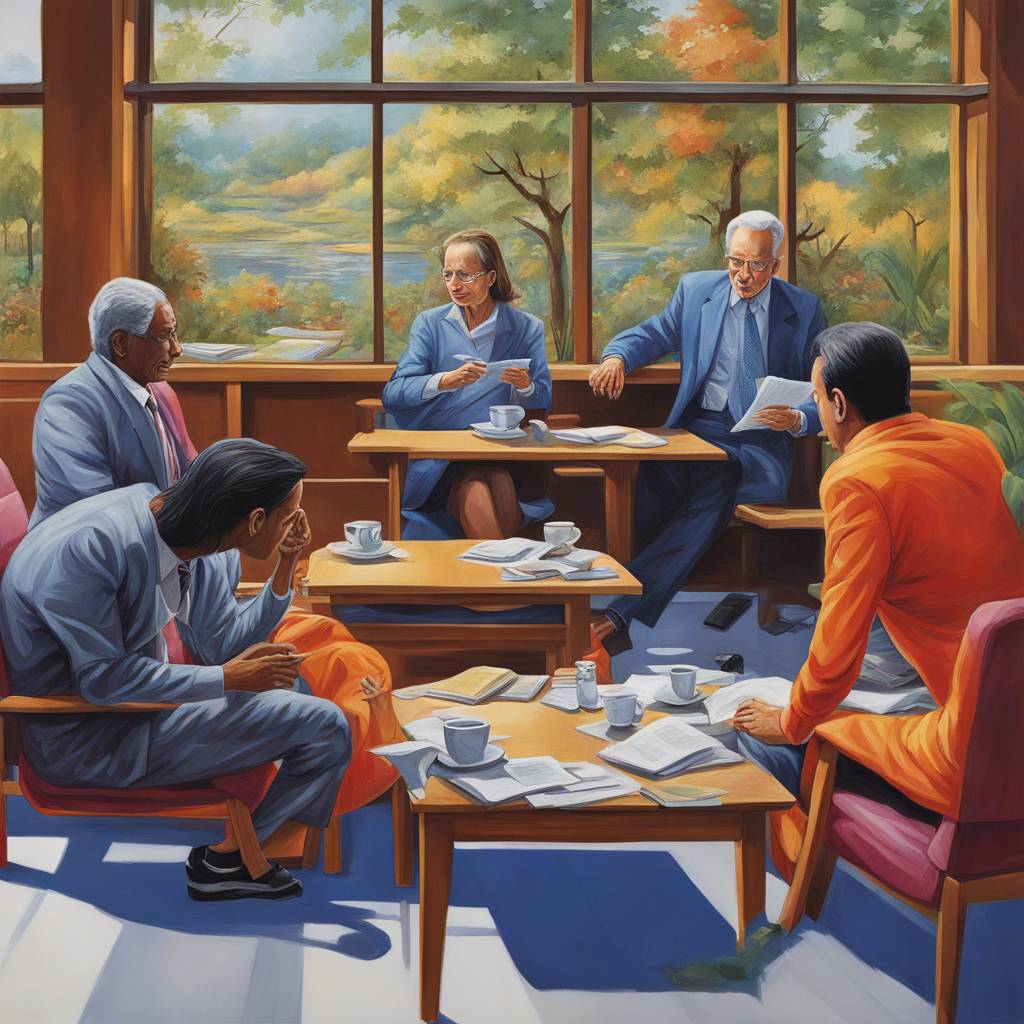In a recent informal survey conducted by University of Michigan law professor Daniel Crane, a group of about 50 law professors were asked to predict which of the four tech giants – Amazon, Apple, Facebook’s Meta, and Google – would come out on top in the ongoing federal government antitrust lawsuits. The survey results indicated that Amazon was the most likely to win, followed by Apple, Meta, and Google. The law professors believed that the government’s antitrust arguments against Amazon were the weakest, while its arguments against Google were the strongest.
Crane compiled the survey results in a blog post for the Yale Journal of Regulation and the American Bar Association’s section of administrative law and regulatory practice. He noted that the respondents were distinguished in the field of antitrust law and came from various ideological backgrounds, although the survey was not a scientific study. The respondents provided colorful commentary on the cases, with some describing them as less than favorable, while others saw them as powerful stories of monopolists fighting to maintain market power.
The government has initiated both public and private actions against each of the four companies, categorizing them into five buckets: Google search, Google’s ad technology, Meta/Facebook, Amazon, and Apple. The consensus among the law professors was that Google had the strongest government case, while Amazon had the weakest. According to antitrust expert Eleanor Fox from New York University School of Law, the key for the government is to prove that the defendant is a monopolist before demonstrating anticompetitive behavior. Google stood out as having a clear dominance in online search and advertising, making it easier for the government to establish monopoly status.
Overall, the survey results suggest that Amazon is perceived as having the strongest position among the Final Four tech giants in the face of government antitrust lawsuits. While all four companies have been accused of anticompetitive behavior, Google stands out as the most likely monopolist based on its market share in online search and advertising. The responses from the law professors indicate a wide range of opinions on the cases, with some viewing them as challenging for the government to prove, while others see them as compelling narratives of monopolists striving to maintain their hold on the market.


